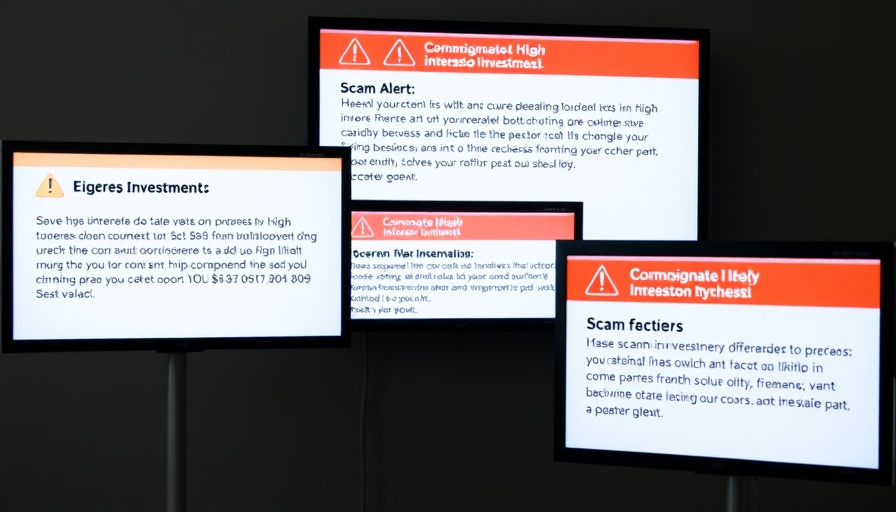
Understanding OPay's Innovative Scam Detection Mechanisms
Imagine you're just moments away from sending money to someone online. Everything seems secure, but suddenly, a warning flashes from OPay: "Caution — this account has been linked to suspicious activity." In an instant, your instincts kick in, potentially saving you from a costly mistake. OPay's AI-driven scam alert system is like a vigilant guard, protecting users from fraud by analyzing user behavior and flagged accounts.
The Science of Prevention: How OPay Works
At the heart of OPay's protective measures is a machine learning engine that learns from previous scams, identifying patterns and evolving to stay ahead of fraudsters. This system employs several robust layers of protection:
- Abnormal Transaction Alerts: This feature immediately interrupts suspicious transactions with alerts, preventing over 30,000 potentially risky actions daily.
- Outbound Communication: For higher-risk transactions, OPay escalates warnings through multiple channels, reaching over 10,000 users every day and discouraging around 8,000 fraudulent attempts.
- Interactive Q&A Verification: Real-time prompts help users confirm the legitimacy of their transactions, effectively stopping over 46,000 scams each day.
Building Trust Through Technology
In a rapidly evolving fintech landscape, OPay emphasizes that ensuring security isn't just about having advanced technology; it's fundamentally about building trust. Their approach incorporates not just alerts, but a comprehensive ecosystem that includes Face ID verification, instant account locking via USSD, and automated callbacks. These features work in tandem to give users peace of mind, especially as scams become increasingly sophisticated.
The Futuristic Edge of Financial Safety
As we step further into a digital age, the future of financial safety rests on systems like OPay, which prevent fraud in real-time. By preemptively stopping scams before they occur, OPay is setting a standard for fintech in Africa and beyond. For tech entrepreneurs and investors, this approach signifies the importance of integrating robust AI solutions into financial services to protect consumers effectively.
Making sound financial decisions can sometimes come down to knowing the right technology to use. Learn more about how innovations like OPay are leading the charge in Africa's fintech revolution.
 Add Row
Add Row  Add
Add 


Write A Comment